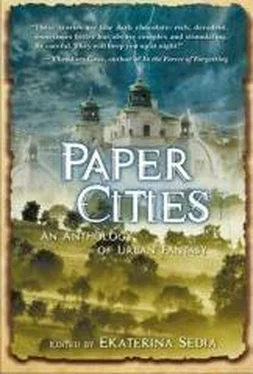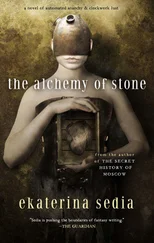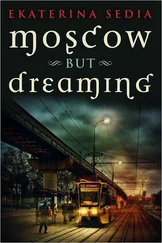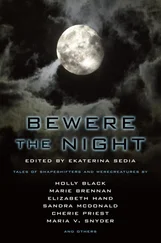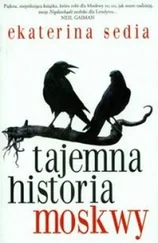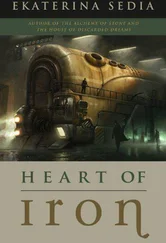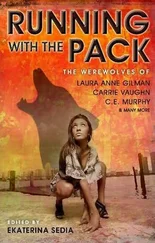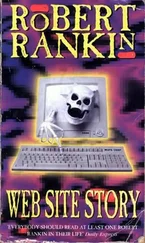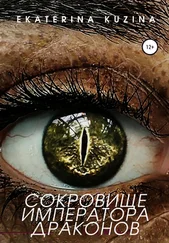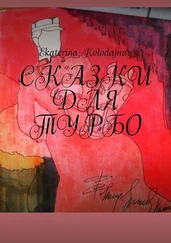I grind turmeric and mix it with pitted apricots and chopped onions, with cayenne pepper and grated orange peel. I add coriander and crack walnuts. They split, their rough furrowed meat showing between fractured shells. I temper their bitter iodine with vinegar and brown sugar. Poison and acerbity and sweetness. Only salt is missing, and I cry harder. Peaches and apricots bubble, exhaling the aroma of innocence and sun. I smudge my tears and start on coriander chutney.
Green and red chili peppers are so festive, they remind me of winter, when all is quiet, and I am almost able to believe in a different, nicer God, younger than me. But the smell of coriander and coconuts returns me to a hot, unforgiving place; I can almost see the sun-parched hills. The scents are so primal that I can almost smell the greasy burnt lamb; I imagine my brother’s voice, rising over the din of his herd. I don’t think I will be making mint chutney today.
Instead, I blend lentils-channa dal and urad dal-with mustard seeds that pop like tiny fireworks. I mince coriander with chili peppers and grated coconut, and add water. Coriander chutney is easy to make, and its bouquet is more complex and bitter than others. It becomes me-I am a bitter old man, my hopes and kindness bled from me over the past eternity. I pay and I pay and I pay for my only crime. That’s justice for you.
The smells of allspice and ginger and coriander and turmeric and apples and mangoes and raisins and lemons and peaches and cranberries and apricots and onions mingle together in an orgy of fragrance, and leave my apartment through the window, reaching for the sky. I used to sacrifice the fruits of my labor; then I gave the flesh that was most dear to me. Now I sacrifice chutneys, I sacrifice spices and fruit and fragrance and onions and tears. What else can I give? I have no brother anymore. I walk over to the window and look up expectantly, like I do every day, looking for a sign that my sacrifice has finally been accepted. I stand by the window and wait for forgiveness.
* * * *
The question “Who’s in charge here?” may apply on very large scales…
Willow Robertson smoothed the skirt over her thighs and perched on the examination table. Her hands gripped the edge, and she spent some time studying them-pale, with the slightest yellow tinge. Like nicotine. Jaundice. Old T-shirt.
She chased the thought away and instead rehearsed her words for Dr. Margulis. She arranged them carefully in her mind, fearful that the moment she started talking they would scatter like pearls, the string of resolve that tied them together broken.
She looked out of the window at what used to be tundra just a few decades back and now became the pale scrub of pines and oaks. The sun beat down on the tarmac roads and the haggard town of hastily erected houses, shops, hangars, but people stayed indoors. Not safe. Even the farmers had to work in full protective gear.
Dr. Margulis entered the examination room, and as she walked she flipped through Willow ’s chart, skimming every childhood hurt (appendectomy at six, a leg broken on the monkey bars at ten), every adolescent embarrassment (laser removal of acne scars at fifteen, corrective eye surgery at seventeen), and every adult self-denial (tubal ligation at twenty-four, breast reduction at twenty-eight).
“What can I do for you?” Dr. Margulis said.
Willow gripped the edge of the table harder, watching the half moons on her nails pale into white. “My mother died last week.”
“I am sorry to hear that.” Dr. Margulis’s face folded along the well-worn lines into a habitual grimace of sympathy. Every doctor Willow had ever seen had that prefab expression, and these days their faces assumed it almost automatically. Too much cancer. Too much sun.
“It’s all right,” Willow said. “I mean, she was in her eighties.” And answered the unspoken question, “I was a late child. Anyway, since my parents are gone now, I would like my alterations reversed.”
“Your skin?” The doctor did not hide her surprise.
“Yes. And hair. I understand why my parents did it to me, they wanted me to have a better shot at getting ahead, but now I can do what I want. Right?”
“Of course. It’s just… what are your coworkers going to say?”
Willow shrugged. She did not have an answer to that. People’s opinions mattered less to her with each passing year.
“Don’t you like being the way you are?”
“I don’t hate it,” Willow said. “But my parents did not ask me about it. They just had it done. And when I was little, I could not understand why I was a different color than they, and why they wouldn’t come to my school plays. And I was angry that they didn’t ask me. And they said that they didn’t want me to change color when I was grown up-people would wonder, they said. You’d never pass then; someone will always remember that you used to be black.”
Dr. Margulis raised her eyebrows and gave a sigh of resignation. I’m not going to argue with that, her demeanor said, I have better things to worry about. “Fine. The receptionist will schedule you for some time next week. I’ll prepare your inoculation.”
“Oral?”
The doctor nodded. “A very simple one. A single gene that will release the suppressors on your melanin genes.”
“And hair,” Willow reminded softly.
“And hair. You’ll have to shave your head, of course, and your new hair will grow with your original keratin structure. Anything else?”
“How long will it take?”
“For hair, a few weeks. For skin-it will be gradual. As your old cells slough off, the new ones will have a heavy pigmentation. The virus will target the skin cells only.” The doctor spoke with obvious pride in her ability to communicate complex information in simple terms.
“Thanks,” Willow said. As she was leaving the examination room, she heard Dr. Margulis say, “What are you trying to achieve?”
“I don’t know,” Willow said and closed the door behind her.
It was true, she didn’t. Color did not equal culture, and that was one thing that she had lost and could never reclaim. She still would be a white person, even if her skin turned the deepest shade of sienna. But she owed it to her mother to at least look like her.
* * * *
Willow was growing impatient-two weeks after she took the viral pill, her skin tone deepened only a little. Still, people noticed. She saw heads turn as she walked from her apartment complex-a new ugly building made even uglier by the massive solar panels on the roof-to work.
“You really shouldn’t be out in the sun,” Andre, her coworker at the Corn Institute, said. “Skin cancer is no joke.”
Willow rolled her eyes. “If you’re done stating the obvious, do you mind looking over these data with me?” She spread the sequencer printout on the lab bench and rifled through the reference library of plant genomes. “Does this look right to you?”
Andre tugged on his upper lip. “Nope,” he said. “Which strain is it from?”
“IC5. The dwarf.”
Andre’s face lit up. “I love that strain. They’re so cute.”
Willow smiled too. Everyone at the Institute anthropomorphized corn; Willow used to find it ridiculous when she first started here, but now it seemed natural. And this corn was cute-tiny plants, no taller than wheat, with a spray of succulent leaves and thick robust stems, burdened by ears bigger than the rest of the plant.
“Anyway,” Andre continued. “They’re not stable yet, so shit like this is to be expected. Did you find this mutation in the library?”
“Uh huh, only it’s not from corn. It’s a cauliflower gene.”
Читать дальше
